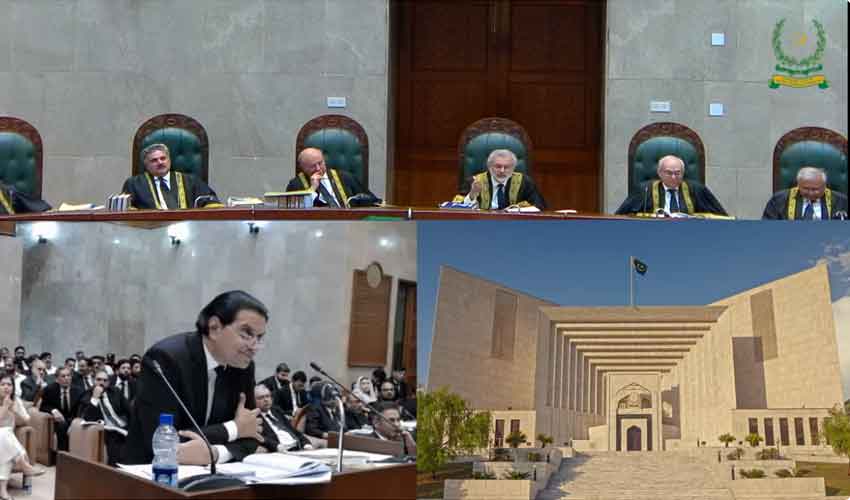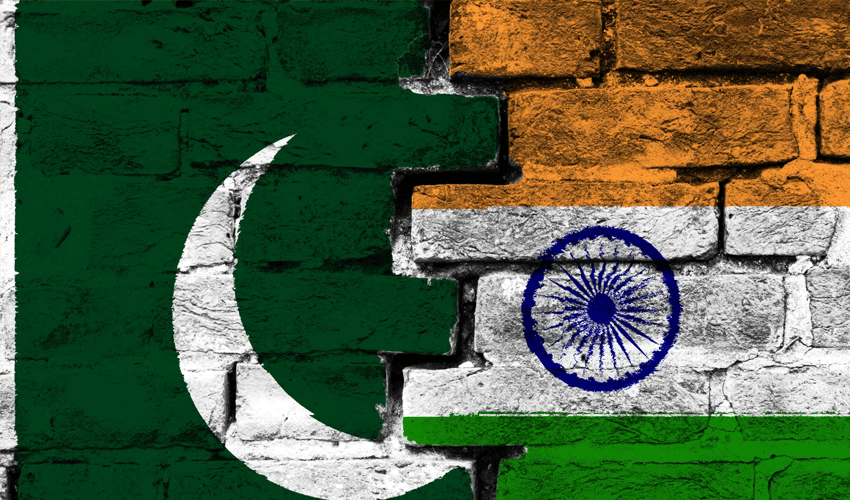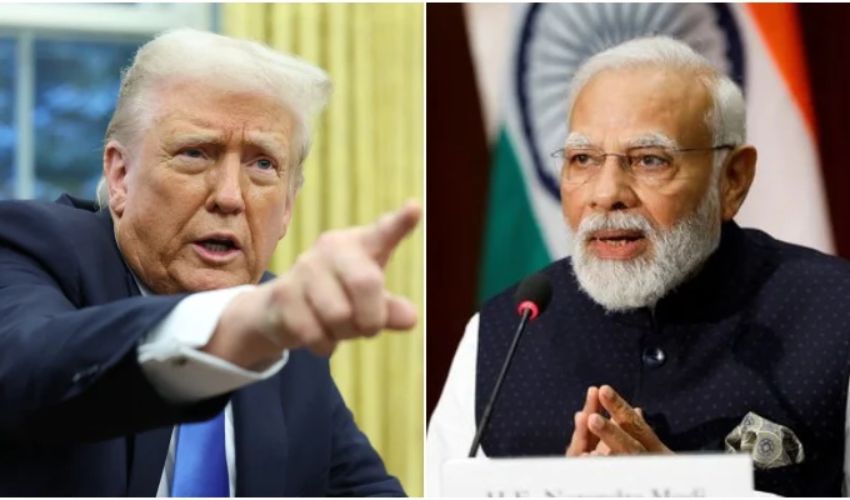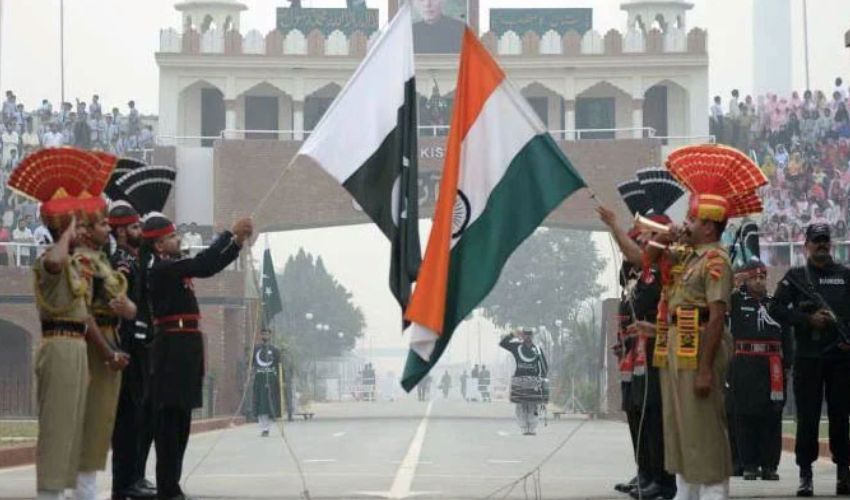The Supreme Court has reserved its verdict in the case related to the reserved seats of the Sunni Ittehad Council.
A 13-member full court bench of the Supreme Court, headed by Chief Justice Qazi Faez Isa, heard the case related to the reserved seats of the Sunni Ittehad Council. Justice Syed Mansoor Ali Shah, Justice Muneeb Akhtar, Justice Yahya Afridi, Justice Aminuddin Khan, Justice Jamal Khan Mandokhel, Justice Muhammad Ali Mazhar, Justice Ayesha Malik, Justice Athar Minallah, Justice Syed Hasan Azhar Rizvi, Justice Shahid Waheed, Justice Irfan Saadat Khan and Justice Naeem Akhtar Afghan were part of the full court.
The hearing
During the hearing, Faisal Siddiqui, the SIC's lawyer, said that Balochistan Awami Party did not win any seats in 2018 but got three reserved seats. The election commission submitted a malicious response regarding the party, and the matter before the commission was taken up before the Supreme Court. The commission is denying its own documents.
On being asked by Justice Jamal Mandokhel, the lawyer said the ECP decision on BAP was based on law.
Justice Mandokhel remarked that there was a difference between a political party and a parliamentary party, adding that the decisions made within parliament are made by the parliamentary party, which cannot be made by a political party. A parliamentary party is not bound to accept the decision of the political party, as it is not bound to implement the decision of the political party while voting for the prime minister.
Justice Mandokhel inquired that if a party wins seats in all provinces but one, what will happen? The lawyer replied that the Balochistan Awami Party won seats in other provinces but not in Khyber Pakhtunkhwa, adding that the attitude of the election commission was non-transparent.
On this, the CJP asked if he wanted the Supreme Court to take judicial notice? "If not, why are you mentioning it? If you want to take up a case regarding the 2018 elections, then so be it. But the Supreme Court will not rely on the 2018 elections."
To this, lawyer Faisal Siddiqui suggested the apex court take notice if the election commission is adopting discriminating attitude.
Lawyer Faisal Siddiqui argued the court take into consideration the unfair actions of the election commission, adding the Jamiat Ulema-e-Islam-F constitution prohibited inclusion of minorities.
The CJP asked the lawyer whether only Sunnis can be included in the Sunni Ittehad Council. The lawyer replied that all Muslims can be part of the part. Justice Isa remarked that the SIC should not get any seat on this basis. "If the party has no general seat, then according to your arguments, how can you get reserved seats?" The lawyer said reserved seats cannot be given according to the principle of disproportionate representation, adding that those who being called independent are not independent.
The CJP remarked that the lawyer was giving arguments against himself, to which the lawyer replied that it was a separate matter that he could not convince the court, but their case was the same as he was arguing. Justice Isa inquired whether the PTI can be given the reserved seats based on the lawyer's arguments, to which Siddiqui said the Sunni Ittehad Council is present in parliament, it will get the seats.
Justice Minallah said no one was arguing on the right to vote and voters, while the election commission is not giving data to prove its good intentions that the elections were transparent, as a political party was excluded from the electoral process. He further said that Article 51 ensures the rights of political parties, adding that there were questions on the 2018 elections also.
"Should the same be allowed to happen again because in 2018 also, questions were raised on the election commission."
The Sunni Ittehad Council lawyer said the party members were not independent, the election commission had recognized the SIC as a parliamentary party.
Justice Mandokhel remarked that at the time of distribution of the reserved seats, the SIC members were probably independent, to which the lawyer said the independent candidates had become part of the SIC at the time of the allocation of the reserved seats, which can be proved by the election commission records.
Justice Irfan Saadat remarked that Faisal Siddiqui's party had got a bonus, as his party did not contest the election but got 90 seats. Justice Minallah asked if the election was conducted in normal conditions and transparently. "Why did a major political party have to send its candidates to another party?" he asked.
Faisal Siddiqui said it was to be seen how the independent candidates joined the political parties. The parliamentary leader of the party must be informed regarding the inclusion of independent candidates, and the will of the independent candidate should also be considered. According to the ECP rules, if someone is a member of a political party, they should get the symbol of that political party. "One cannot join a new party without leaving the previous one," he explained.
Later, Pakistan Tehreek-e-Insaf's women's wing president Kanwal Shauzab's lawyer Salman Akram Raja alleged that the election commission was concealing records, and the documents it submitted in court were unreliable. The ticket of PTI Nazariati was also withdrawn. He said he was trying to prove the election commission tried to suppress its own record, and did not submit the complete documents.
Justice Mandokhel asked if it is correct to be a part of the Sunni Ittehad Council while being part of the PTI? Raja replied that the election commission declared the candidates independent through a wrong decision, after which he joined the Sunni Ittehad Council.
Justice Mandokhel asked if the PTI did not want reserved seats. The lawyer said the reserved seats were meant for the Sunni Ittehad Council, adding it is unconstitutional to make general seat mandatory for joining a party, Justice Minallah asked if the court should not correct the mistakes made in the election process. Salman Akram Raja said the court can issue any order to implement the Constitution.
The hearing of the reserved seats case in the Supreme Court was completed with this. The full court bench then reserved its decision.
On May 6, the Supreme Court suspended the Peshawar High Court's decision of March 14 as well as the Election Commission of Pakistan's decision of March 1 to deprive the Sunni Ittehad Council of seats reserved for women and minorities. It was sent to a larger bench.



























